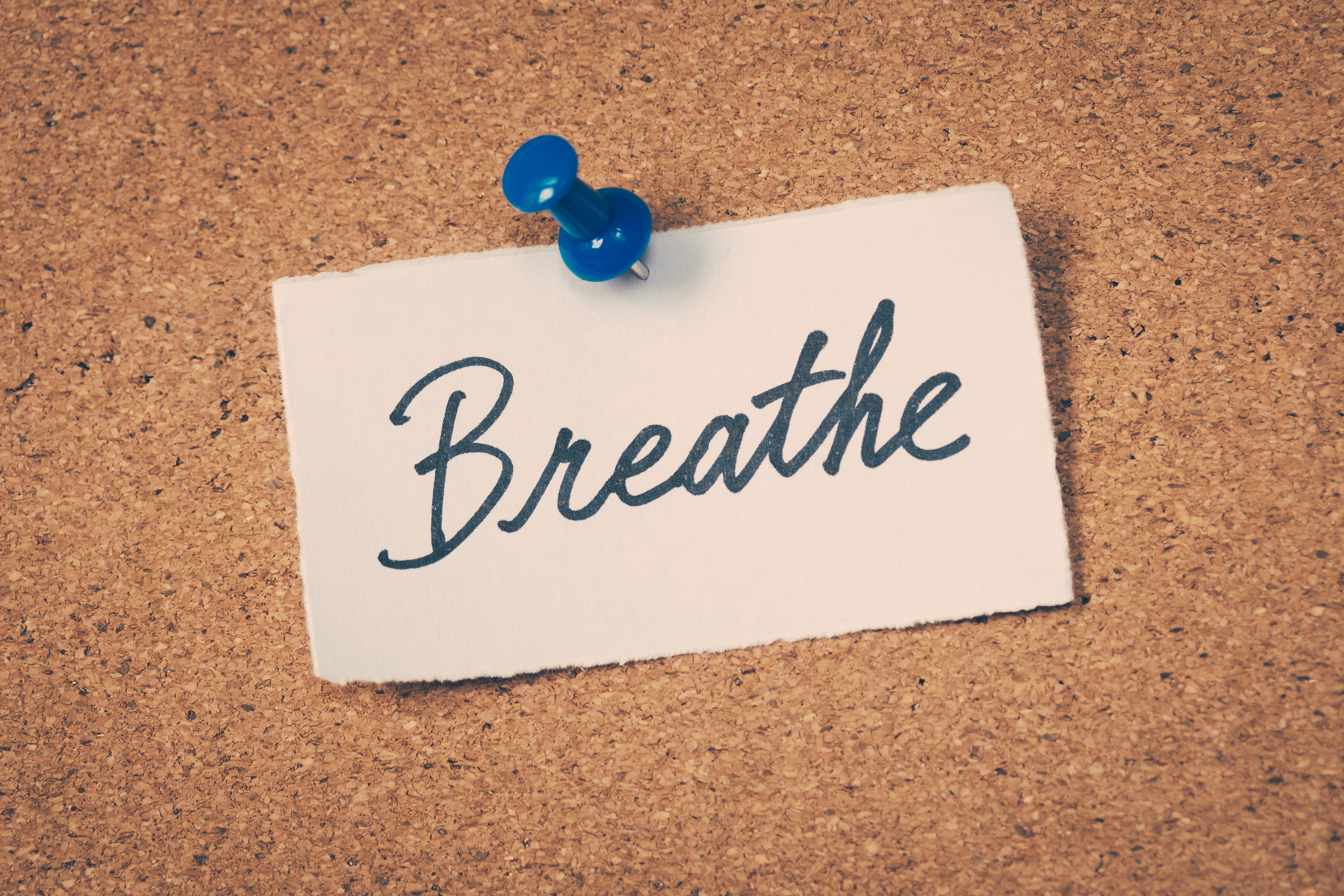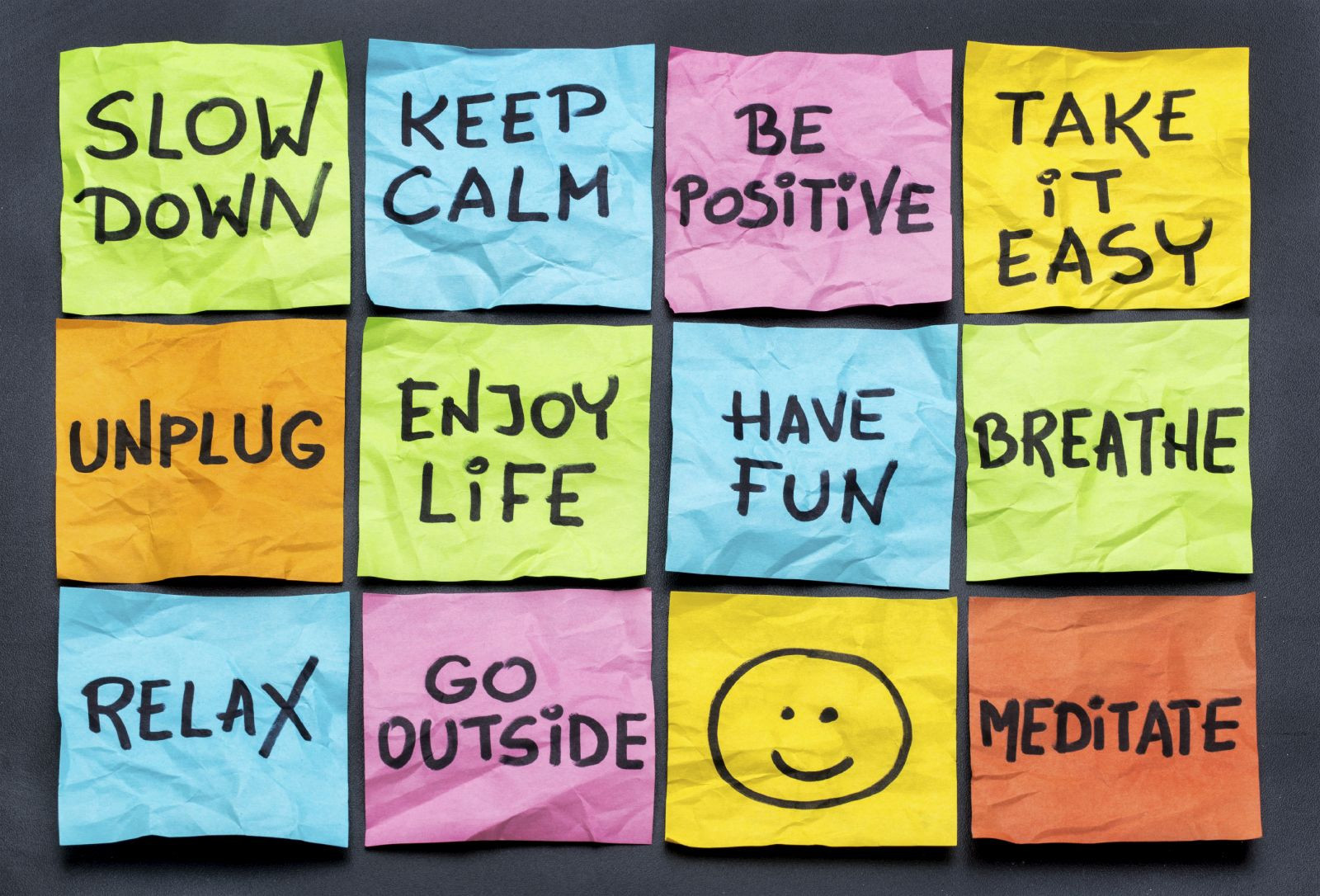
Driving with arthritis pain: Stay comfortable — and safe — behind the wheel

Daily cup of coffee may prevent afib recurrence

Gene-editing therapy lowers harmful blood fats in early study

What is EMDR therapy, and who can it help?

GLP-1 drugs versus bariatric surgery for treating obesity

Two dumbbells, three exercises, and 10 minutes

Easing the emotional burden of IBS

Modify your push-ups to meet your fitness level

What is long QT syndrome?

Stroke survivors may benefit from very low LDL levels
Stress Archive
Articles
Cold plunges: Healthy or harmful for your heart?
The purported health benefits of cold plunges include less stress, better sleep, and enhanced immunity, but the evidence is thin. While the practice may ease muscle soreness after intense exercise, it may have detrimental effects on gains in muscle power and strength. Because the shock of cold water on the skin can raise heart rate and blood pressure, people with cardiovascular disease (especially heart rhythm abnormalities) should avoid the practice.
Work stress linked to poor heart health
According to a 2024 study, people who reported work-related stress were more likely to have unfavorable measures of cardiovascular health than those without that stress.
Ease anxiety and stress: Take a (belly) breather
The stresses of daily life can keep us in a state of constant tension. Learning to belly breathe can help ease your body's response to anxiety and stress.
Clearing up a foggy memory
At some point, most older adults experience the occasional "senior moment" where they misplace an everyday object, lose their train of thought during a conversation, or forget why they walked into a room. Memory lapses like this are part of normal aging, but the problem can be exacerbated by issues like depression, stress, poor sleep, and medication side effects. If these episodes become so frequent or substantial that they interfere with a person's daily life or safety, it's time to see a doctor.
Evoking calm: Practicing mindfulness in daily life helps
It's easy to feel too busy to be mindful, but everyone can find a few minutes during the day to pause and reflect. Even a brief, regular mindfulness practice provides a respite from the pace and stress of life, and can help with memory, concentration, and focus.

Driving with arthritis pain: Stay comfortable — and safe — behind the wheel

Daily cup of coffee may prevent afib recurrence

Gene-editing therapy lowers harmful blood fats in early study

What is EMDR therapy, and who can it help?

GLP-1 drugs versus bariatric surgery for treating obesity

Two dumbbells, three exercises, and 10 minutes

Easing the emotional burden of IBS

Modify your push-ups to meet your fitness level

What is long QT syndrome?

Stroke survivors may benefit from very low LDL levels
Free Healthbeat Signup
Get the latest in health news delivered to your inbox!
Sign Up











